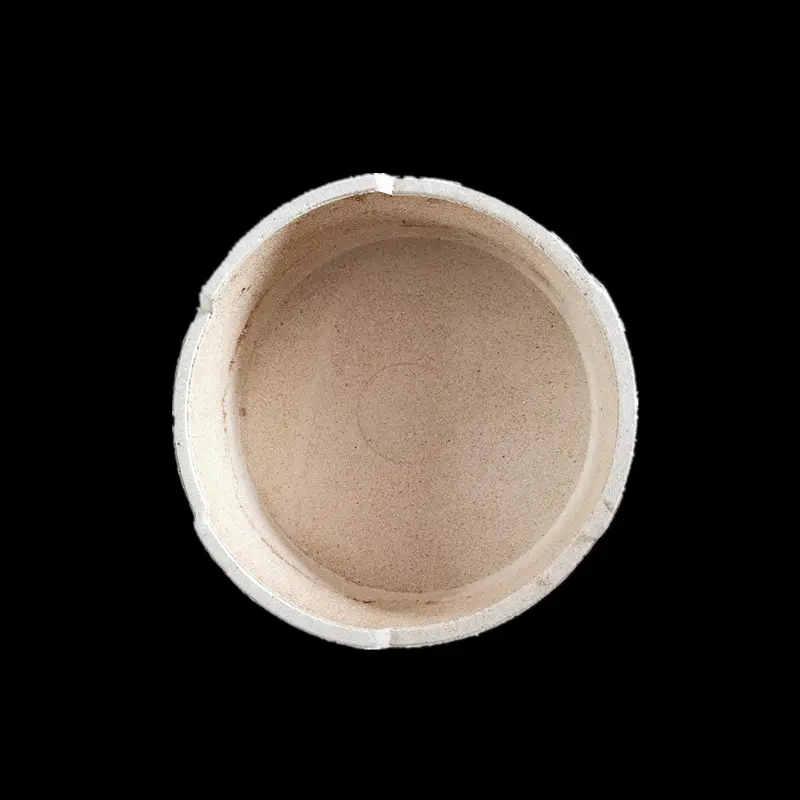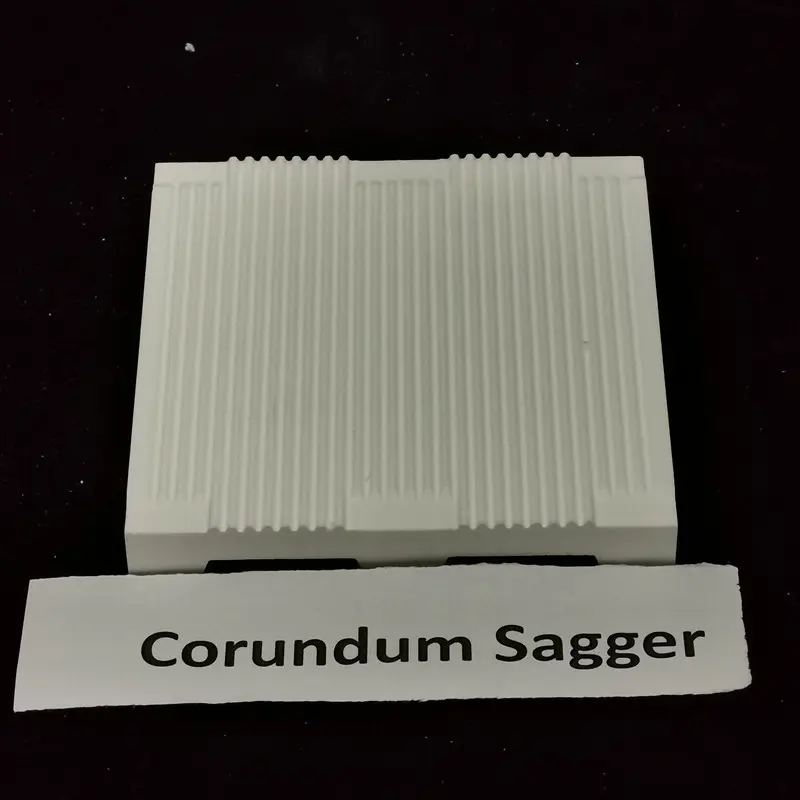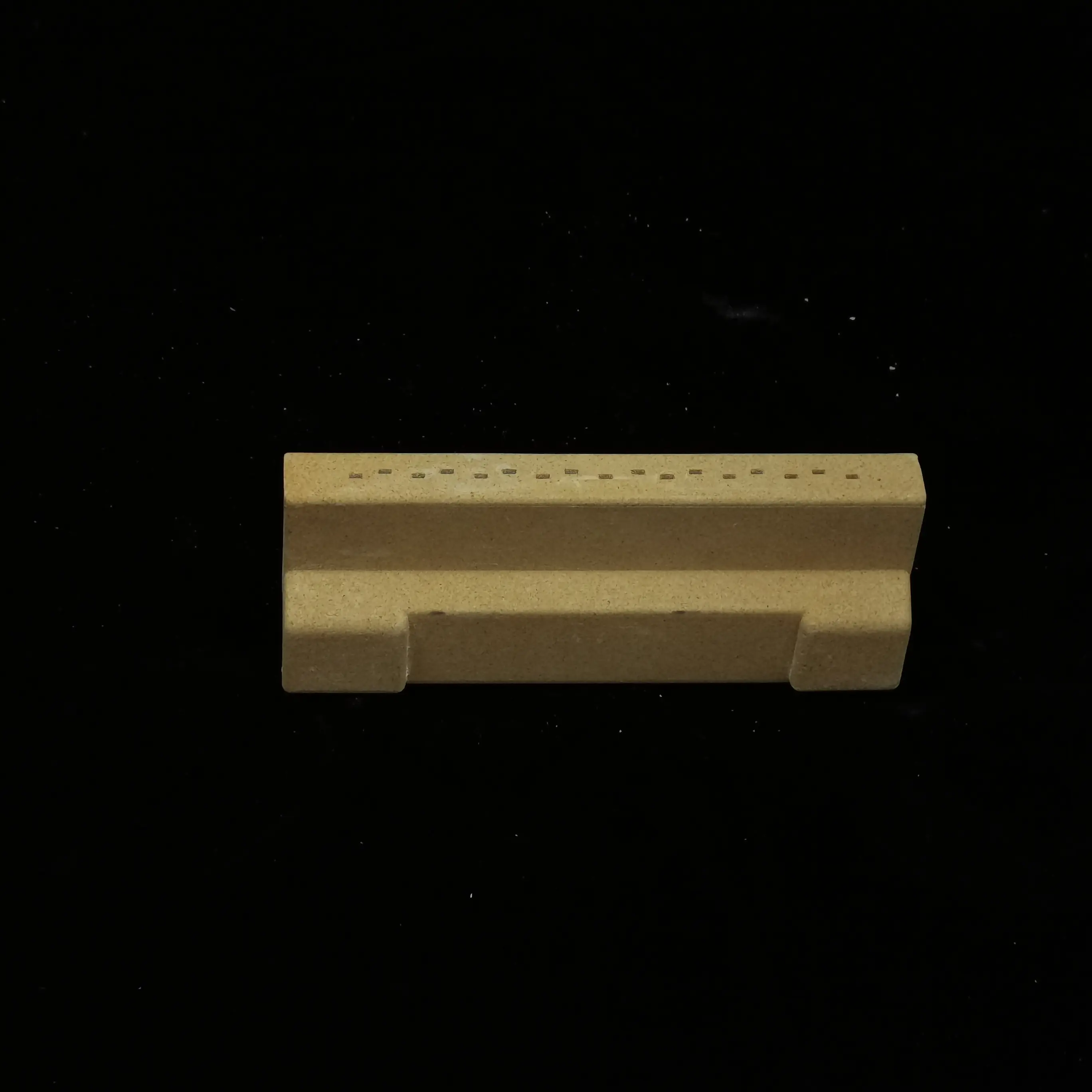High strength steatite ceramic bar for electricity inslulation use
What is Steatite?
Steatite, also known as soapstone, is a metamorphic rock primarily composed of talc, chlorite, pyroxenes, micas, carbonates, and amphiboles. Its composition gives it a range of desirable properties, including high thermal resistance, excellent electrical insulation, and mechanical strength. Steatite is also chemically inert, making it suitable for use in harsh environments where other materials might degrade.
Properties of Steatite Ceramic
Steatite ceramic exhibits several key properties that make it an ideal choice for electrical insulation:
-
High Dielectric Strength: Steatite ceramic bars possess high dielectric strength, which allows them to withstand high voltages without breaking down. This property is crucial for electrical insulation, as it prevents current leakage and ensures the safe operation of electrical devices.
-
Thermal Stability: Steatite can withstand high temperatures without losing its structural integrity. This thermal stability is vital in applications where electrical components generate heat, as it helps maintain performance and safety.
-
Low Thermal Conductivity: The low thermal conductivity of steatite ceramic helps in minimizing heat transfer, making it an excellent insulator. This property is particularly beneficial in applications where heat dissipation needs to be controlled.
-
Chemical Resistance: Steatite is resistant to many chemicals, including acids and bases. This resistance ensures that the ceramic bars maintain their insulating properties even in corrosive environments.
-
Mechanical Strength: Steatite ceramic bars are robust and can withstand mechanical stress, making them suitable for various industrial applications.
Applications of Steatite Ceramic Bars
Steatite ceramic bars are widely used in the electrical industry for several applications:
-
Insulators in Electrical Equipment: These bars are commonly used as insulators in transformers, circuit breakers, and other electrical equipment. They help prevent electrical arcing and ensure the safe operation of high-voltage systems.
-
Support Structures: Steatite ceramic bars can serve as support structures for electrical components, providing stability and insulation in devices such as capacitors and resistors.
-
Heating Elements: In electric heating applications, steatite ceramic bars are used to insulate heating elements, ensuring efficient heat transfer while preventing electrical hazards.
-
High-Temperature Applications: Due to their thermal stability, steatite ceramic bars are ideal for use in high-temperature environments, such as kilns and furnaces, where they can provide insulation without degrading.
Conclusion
In summary, steatite ceramic bars are indispensable in the field of electrical insulation. Their unique properties, including high dielectric strength, thermal stability, low thermal conductivity, chemical resistance, and mechanical strength, make them suitable for a wide range of applications. As industries continue to evolve and demand more reliable and efficient electrical components, the role of steatite ceramic in ensuring safety and performance will only become more critical. Whether in high-voltage systems or high-temperature environments, steatite ceramic bars stand out as a trusted solution for electrical insulation needs.





